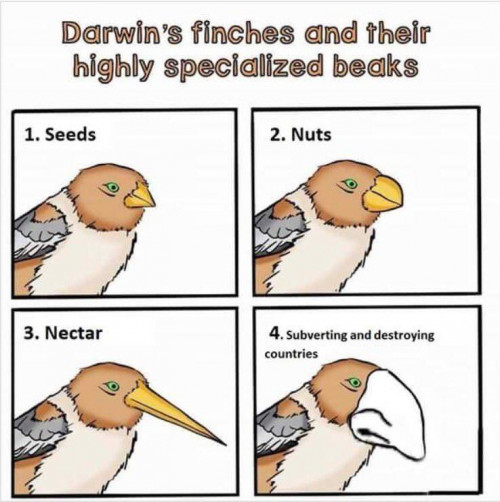

…“ Group 11 – No Food For Lazy Man Bible Verse

So Cain was very angry, and his face fell.


And the Lord had regard for Abel and his offering, but for Cain and his offering he had no regard. In the course of time Cain brought to the Lord an offering of the fruit of the ground, and Abel also brought of the firstborn of his flock and of their fat portions. Now Abel was a keeper of sheep, and Cain a worker of the ground. Genesis 4:1-16 – “ Now Adam knew Eve his wife, and she conceived and bore Cain, saying, “I have gotten a man with the help of the Lord.” And again, she bore his brother Abel. The sluggard is wiser in his own eyes than seven men who can answer sensibly.“ The sluggard buries his hand in the dish it wears him out to bring it back to his mouth. Matthew 25:26 – “ But his master answered him, ‘You wicked and slothful servant! You knew that I reap where I have not sown and gather where I scattered no seed?“ John 3:16 – “ For God so loved the world, that he gave his only Son, that whoever believes in him should not perish but have eternal life.“ Proverbs 26:13-16 – “ The sluggard says, “There is a lion in the road! There is a lion in the streets!” As a door turns on its hinges, so does a sluggard on his bed. The first came before him, saying, ‘Lord, your mina has made ten minas more.’ …“ Group 4 – No Food For Lazy Man Bible Verse Calling ten of his servants, he gave them ten minas, and said to them, ‘Engage in business until I come.’ But his citizens hated him and sent a delegation after him, saying, ‘We do not want this man to reign over us.’ When he returned, having received the kingdom, he ordered these servants to whom he had given the money to be called to him, that he might know what they had gained by doing business. Luke 19:12-27 – He said therefore, “A nobleman went into a far country to receive for himself a kingdom and then return. In everything I did, I showed you that by this kind of hard work we must help the weak, remembering the words the Lord Jesus himself said: ‘It is more blessed to give than to receive‘” ( Acts 20:34-35). Our old propensity towards laziness – and all other sin – has been replaced by a deep desire to live godly lives as we can read from Ephesians 4:28: “ He who has been stealing must steal no longer, but must work, doing something useful with his own hands, that he may have something to share with those in need.” We are convicted of the need to provide for our families through our labors: “ If anyone does not provide for his relatives, and especially for his immediate family, he has denied the faith and is worse than an unbeliever” ( 1 Timothy 5:8) and for others in the family of God: “ You yourselves know that these hands of mine have supplied my own needs and the needs of my companions. In our new nature, we are motivated to diligence and productiveness out of a love for our Lord and Savior, Jesus Christ, who redeemed us from the power of sin. However, the Lord God Almighty empowers Christians to overcome the flesh’s propensity to laziness by giving us a new nature in Christ (2 Corinthians 5:17). The Biblical Book of Proverbs also list the consequences of laziness: A lazy person becomes a servant (or debtor): “Diligent hands will rule, but laziness ends in slave labor” (12:24) his future is bleak: “A sluggard does not plow in season so at harvest time he looks but finds nothing” (20:4) he may come to poverty: “The soul of the lazy man desires and has nothing but the soul of the diligent shall be made rich” (13:4 KJV). The Biblical book of Proverbs tells us that a lazy person hates work: “The sluggard’s craving will be the death of him, because his hands refuse to work” (21:25) he loves sleep: “As a door turns on its hinges, so a sluggard turns on his bed” (26:14) he gives excuses: “The sluggard says, ‘There is a lion in the road, a fierce lion roaming the streets’” (26:13) he wastes time and energy: “He who is slothful in his work is a brother to him who is a great waster” (18:9 KJV) he believes he is wise, but is a fool: “The sluggard is wiser in his own eyes than seven men who answer discreetly” (26:16).


 0 kommentar(er)
0 kommentar(er)
